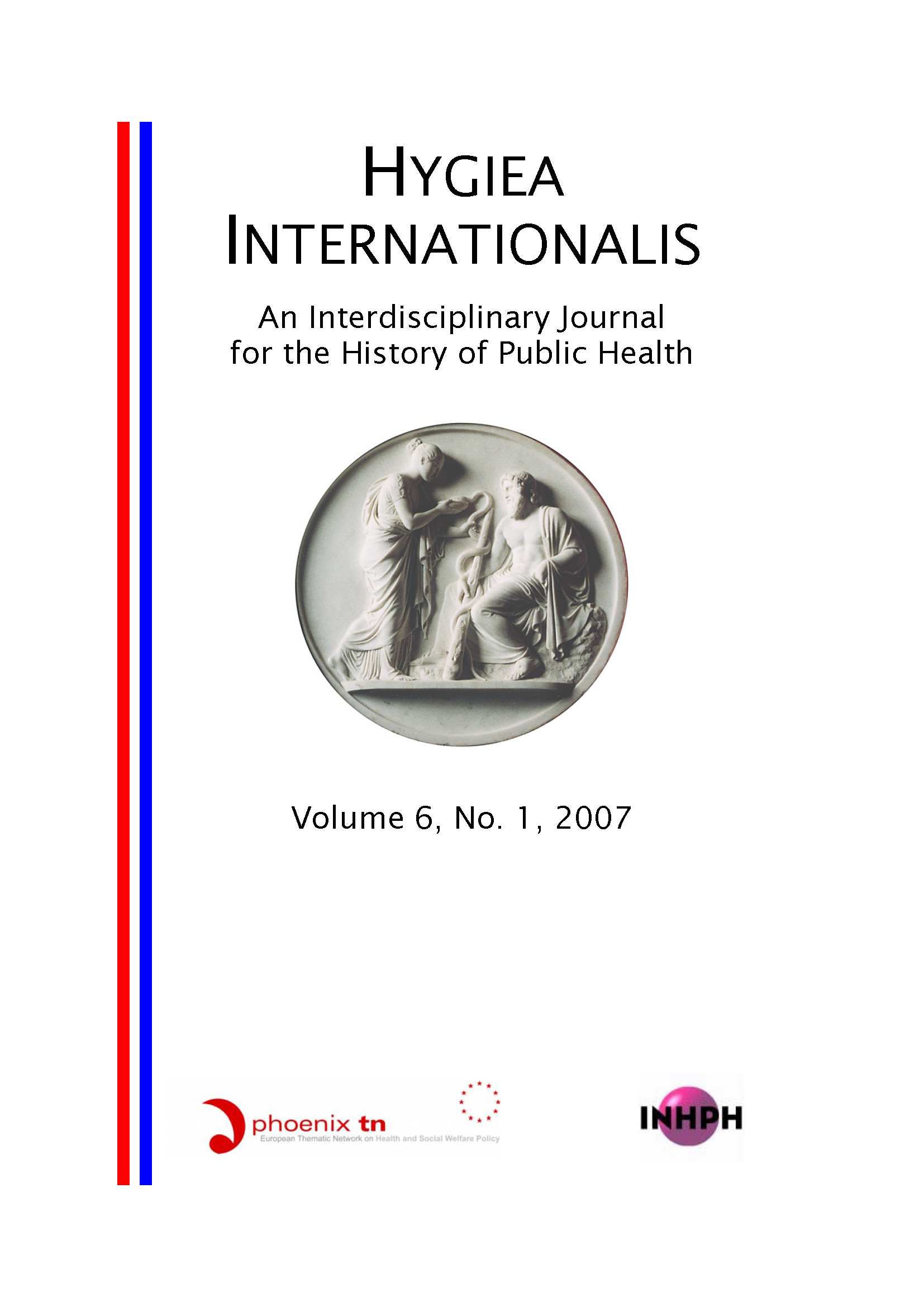Beggars, Vagrants and Romanies
Repression and Persecution in Portuguese Society (14th-18th Centuries)
DOI:
https://doi.org/10.3384/hygiea.1403-8668.076141Keywords:
beggars, vagabonds, Roma, deserving poor, institutionalized poor relief, health careAbstract
In the Europe that witnessed the construction of the Early Modern States, those who did not have an occupation and refused to work were stigmatized, severely persecuted, marginalized and expelled from the communities. What I propose in this paper is to go back to the first regulations against vagrancy and idleness in Portugal. With no substantial differences to the other European States’ diplomas promulgated at the same time, the Portuguese laws against the false beggars, the vagabonds and Roma have some particularities: they maintain the medieval matrix (1375), represent the thought of the central government and were conceived to be applied at a national scale. And, above all, they were also responsible for the conceptualization of “deserving poor”, keeping those groups away from the institutionalized poor relief and health care, especially the ones given by the hospitals.Downloads
Published
2007-07-19
How to Cite
Abreu, L. (2007). Beggars, Vagrants and Romanies: Repression and Persecution in Portuguese Society (14th-18th Centuries). Hygiea Internationalis: An Interdisciplinary Journal for the History of Public Health, 6(1), 41–66. https://doi.org/10.3384/hygiea.1403-8668.076141
Issue
Section
Articles
License
Copyright (c) 2007 the Author(s)

This work is licensed under a Creative Commons Attribution-NonCommercial 4.0 International License.






